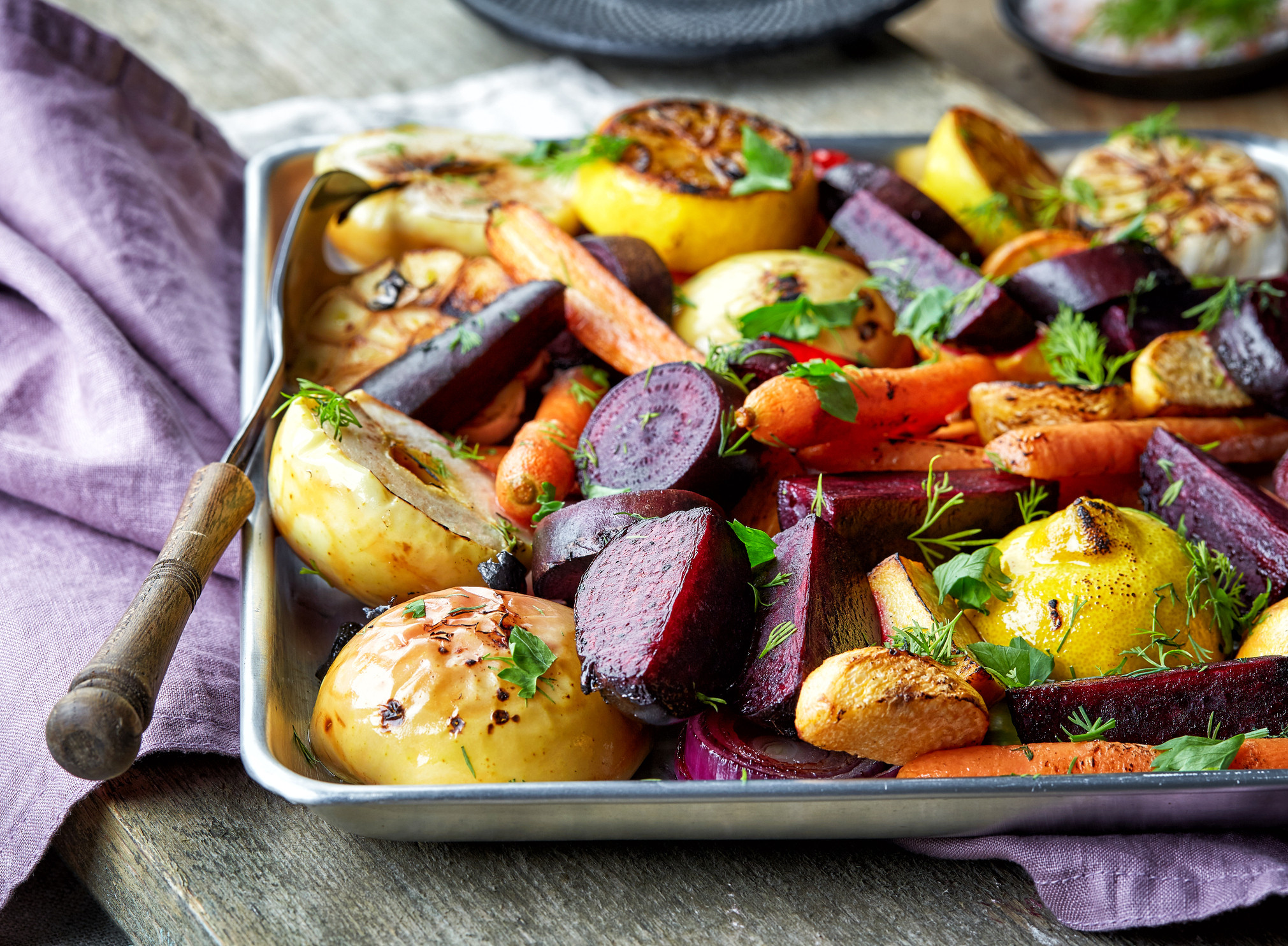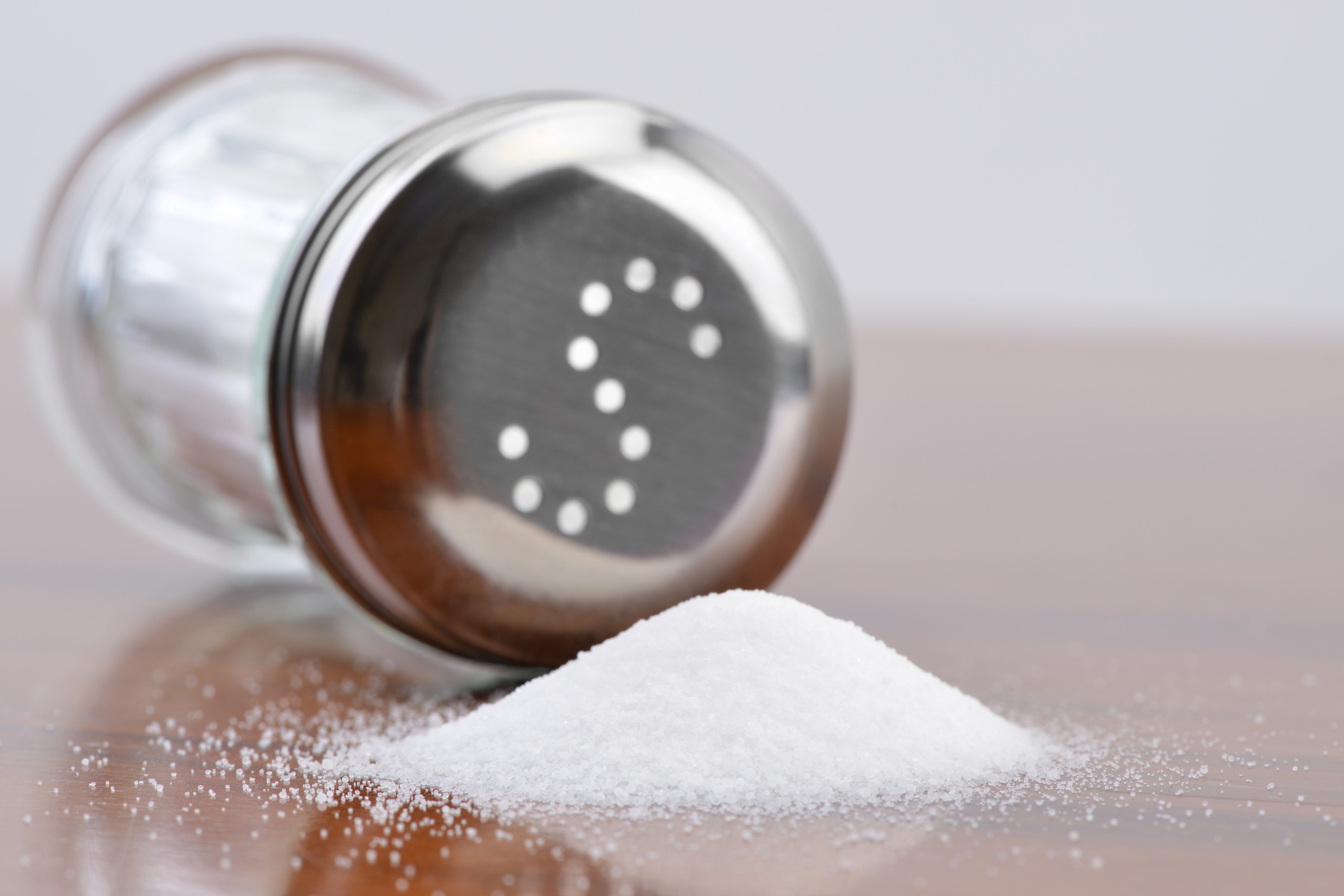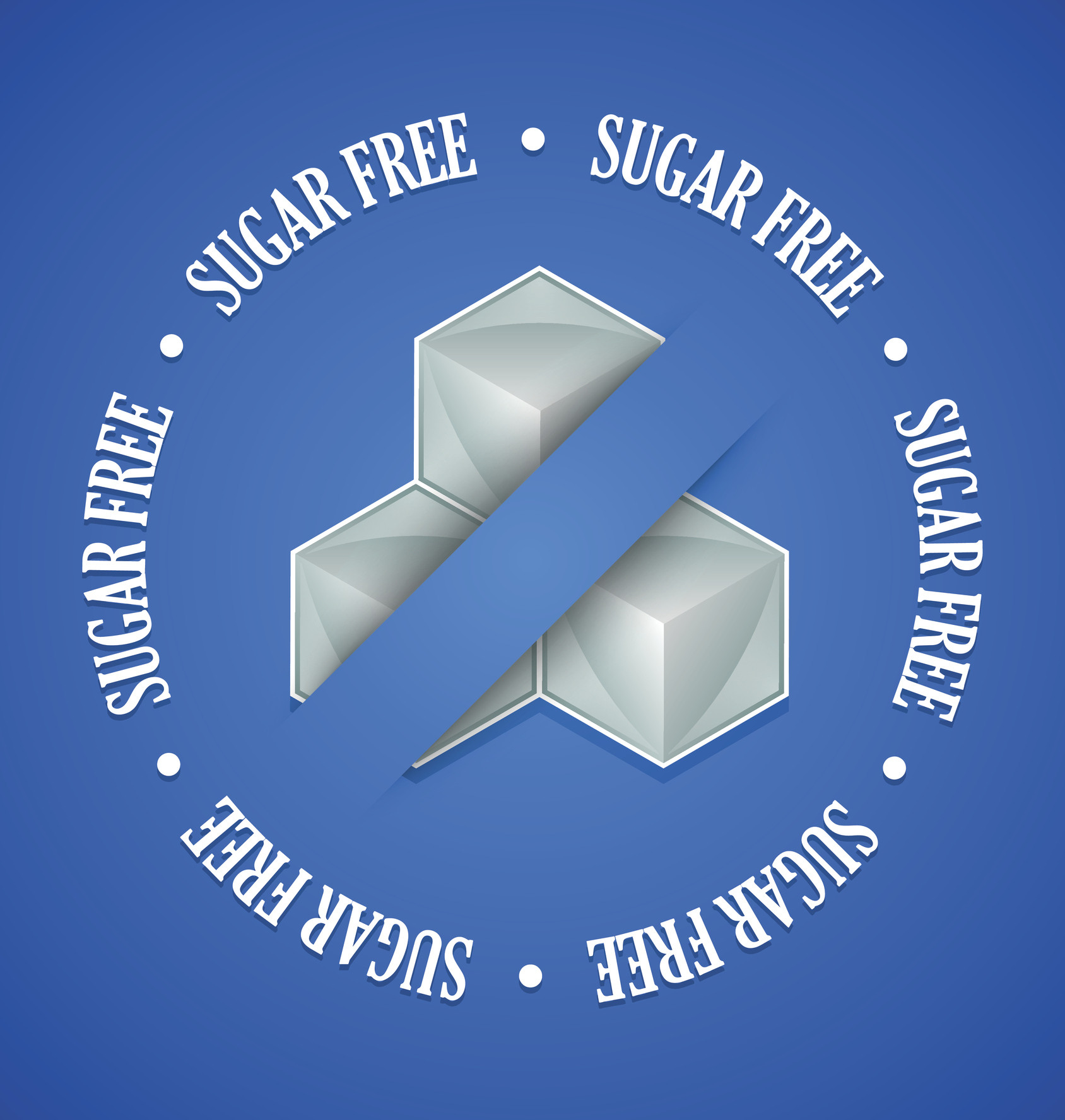
Counting steps is good — is combining steps and heart rate better?

Appendix pain: Could it be appendicitis?

Can saw palmetto treat an enlarged prostate?

How does Ozempic work? Understanding GLP-1s for diabetes, weight loss, and beyond

Zinc: What it does for the body, and the best food sources

Respiratory health harms often follow flooding: Taking these steps can help

Tips to leverage neuroplasticity to maintain cognitive fitness as you age

Can white noise really help you sleep better?

Celiac disease: Exploring four myths

What is prostatitis and how is it treated?
Nutrition Archive
Articles
No heart benefit from multivitamins, even if you have a lousy diet
Research we're watching
Image: © namenko/Thinkstock
Do you swallow a daily multivitamin, hoping to make up for a less-than-ideal diet? Sorry, but this strategy won't stave off heart disease, according to a study published online April 5, 2017, by JAMA Cardiology.
Previous research has also failed to find convincing evidence that a daily multivitamin lowers the risk of heart disease or cancer. But these studies didn't always account for the participant's dietary habits, which could potentially skew the results. In theory, people with poor diets might reap greater benefits from vitamins than those who eat healthier diets.
How steak and eggs may increase heart attack risk
Image: © gbh007/Thinkstock
New research may help explain why diets rich in animal-based foods are linked to a higher risk of heart attack.
The average American diet contains about 300 milligrams per day of choline, a nutrient found in meat, eggs, and milk. Earlier research found that when gut bacteria feed on choline, they make a compound called TMA. In the liver, TMA is converted to TMAO — a compound closely tied to heart disease risk.
Are there any benefits to exercising on an empty stomach?
On call
Q. I have heard that exercising on an empty stomach burns more fat and at a faster rate. Is this true?
A. When the body is in a fasting state, several backup mechanisms ensure your muscles and brain get the necessary sugar for fuel. During exercise, after your body's sugar stores are exhausted, the body then taps into stored fat and turns that into sugar or turns protein from muscle into sugar. This has led to the hypothesis that exercising when the body is already "sugar starved" will lead to more rapid fat burning.
Counting on fewer calories
Can curbing your usual daily calorie intake by 10% improve health and longevity?
Image: © shironosov/Thinkstock
There is a saying: "The less you eat, the longer you live." The rising rates of obesity have shown that Americans consume more than necessary, and cutting back on calories may be a smart move.
"People naturally gain about a pound a year, on average, beginning in middle age, so healthy weight needs to be a goal for older men," says Vasanti Malik, a research scientist in the Department of Nutrition at Harvard's T.H. Chan School of Public Health. "That is why being mindful of how many calories you really need — and perhaps cutting back some, an approach called calorie restriction — may help some men stay healthy and maybe even live longer."
No need to shun gluten if you don’t have celiac disease, study suggests
Research we're watching
Gluten, a storage protein in wheat, rye, and barley, triggers inflammation and intestinal damage in people with celiac disease. Due to concern that gluten may also increase the risk of obesity, diabetes, and cardiovascular disease among healthy people, the number of people without celiac disease who have adopted a gluten-free diet grew more than threefold from 2009 to 2014.
A team led by researchers from Harvard T.H. Chan School of Public Health used 20 to 30 years of data from the 64,714 women in the Nurses' Health Study and the 45,305 men in the Health Professionals Follow-up Study to examine the relationship of dietary gluten to the risk of chronic conditions such as coronary artery disease in people without celiac disease or heart disease. All the participants had completed questionnaires on their diet and health every four years from 1986 through 2010.
A quick-start guide to the latest food terminology
New phrases showing up on packaging don't always tell you if the food is better for your health.
Image: © Jupiterimages/Thinkstock
You're not alone if you don't know the meaning of certain terms on food labels lately. A new language has developed to describe healthy ways to produce meat, vegetables, fruit, and other products in the grocery store. "It's not just the terms that are confusing, but also various associated health claims," says Vasanti Malik, a nutrition researcher at the Harvard T.H. Chan School of Public Health.
Organic vs. natural
Some food is labeled "organic" or "natural." What's the difference? The FDA doesn't have a definition for "natural," although it doesn't object to the term if a food does not contain added color, artificial flavors, or synthetic substances.
Is your diet interfering with your medication regimen?
Some aspects of diet may diminish or heighten the effect of prescription drugs or cause harmful side effects.
Image: © Ralf Nau/Thinkstock
You take your pills on time each day and get your prescriptions refilled before they run out. But all that hard work to stick to your medication plan can be scuttled if your diet is undermining the drugs' effects. "I see a lot of people who don't believe in the importance of following dietary recommendations for medications. That's a concern," says Dr. Randall Zusman, a cardiologist and Harvard Medical School associate professor.
Dietary risks
The following foods, drinks, or ingredients can interfere with specific drugs.

Counting steps is good — is combining steps and heart rate better?

Appendix pain: Could it be appendicitis?

Can saw palmetto treat an enlarged prostate?

How does Ozempic work? Understanding GLP-1s for diabetes, weight loss, and beyond

Zinc: What it does for the body, and the best food sources

Respiratory health harms often follow flooding: Taking these steps can help

Tips to leverage neuroplasticity to maintain cognitive fitness as you age

Can white noise really help you sleep better?

Celiac disease: Exploring four myths

What is prostatitis and how is it treated?
Free Healthbeat Signup
Get the latest in health news delivered to your inbox!
Sign Up










